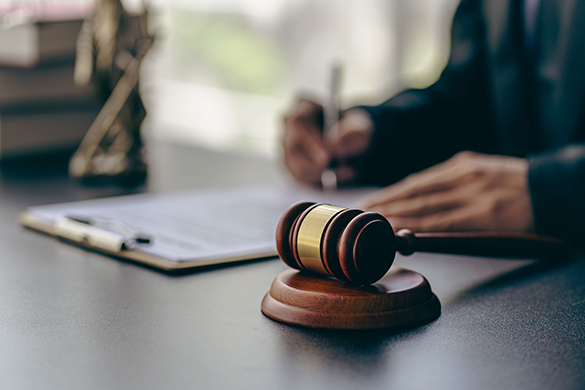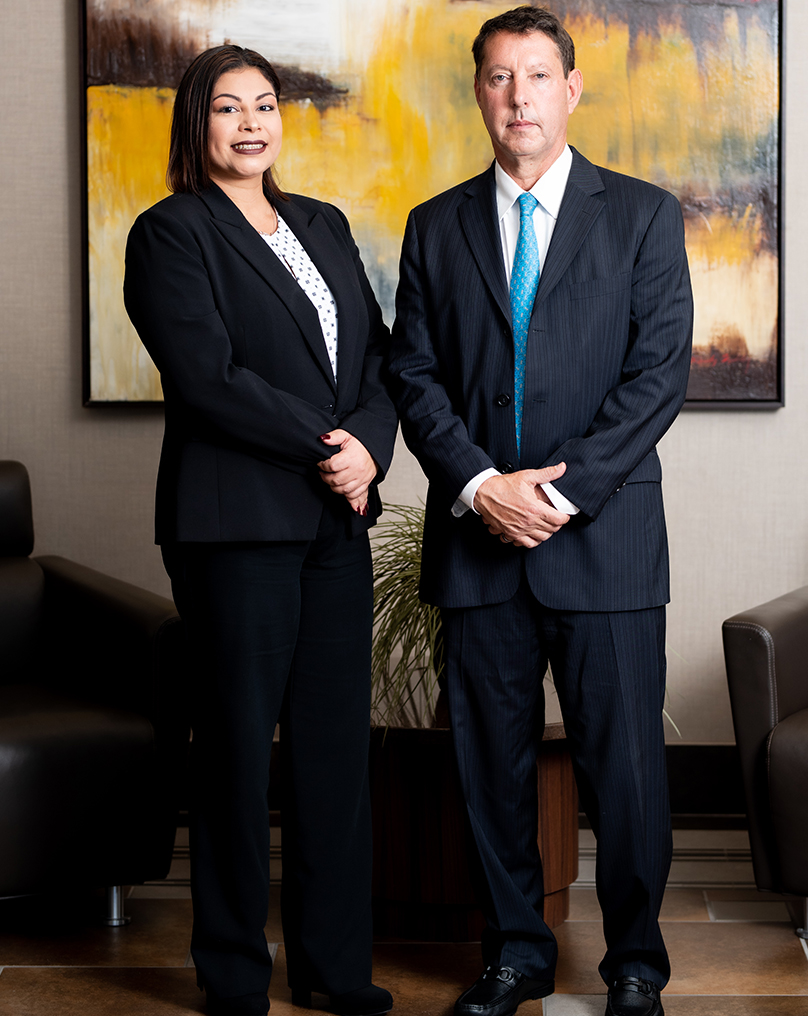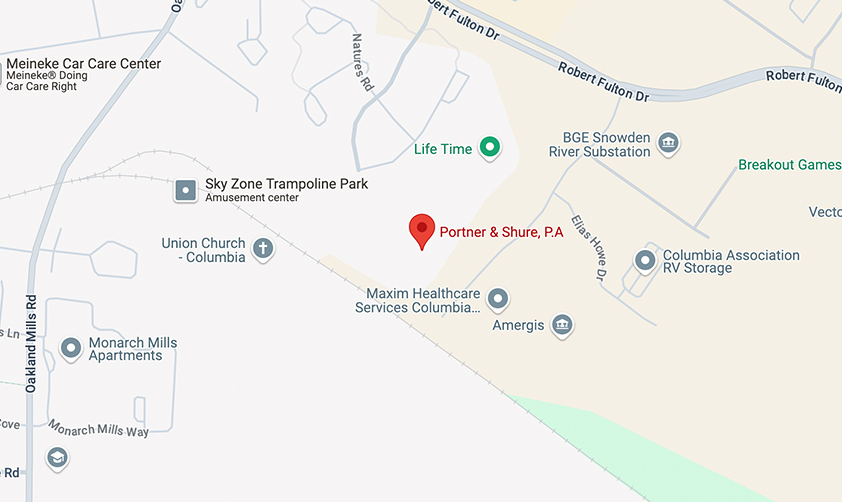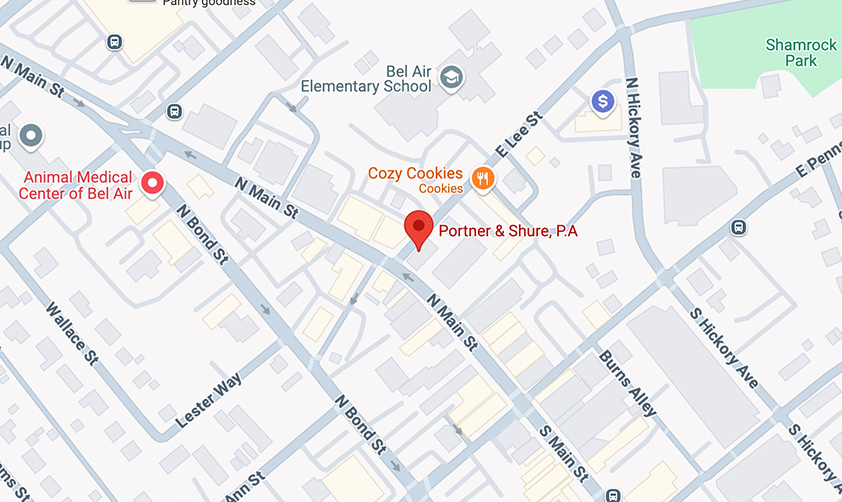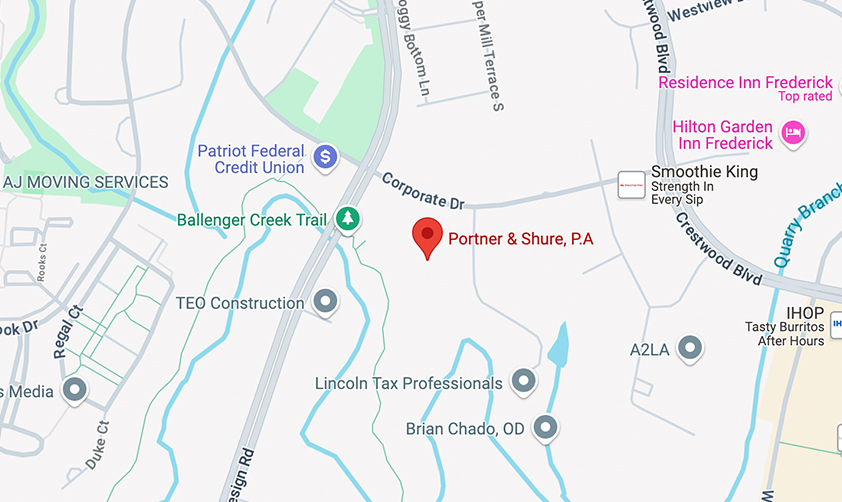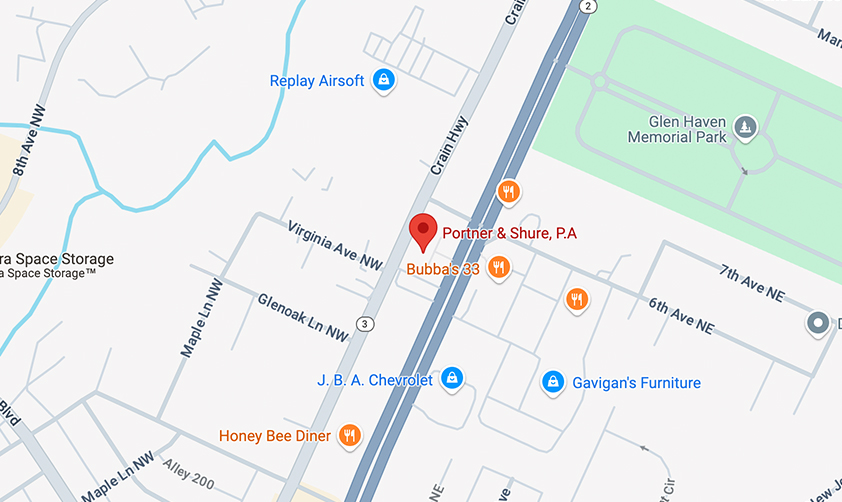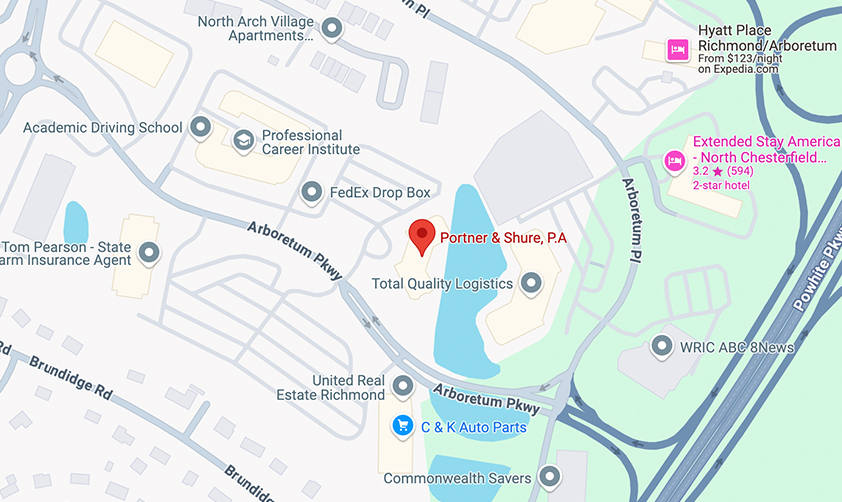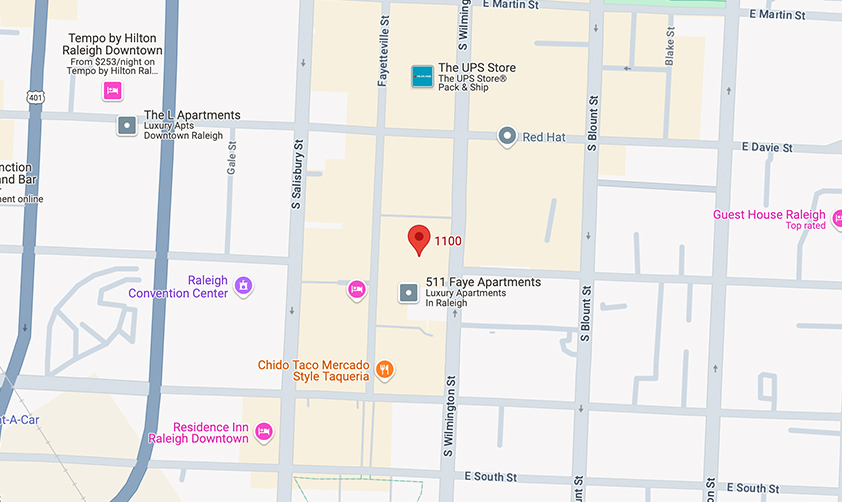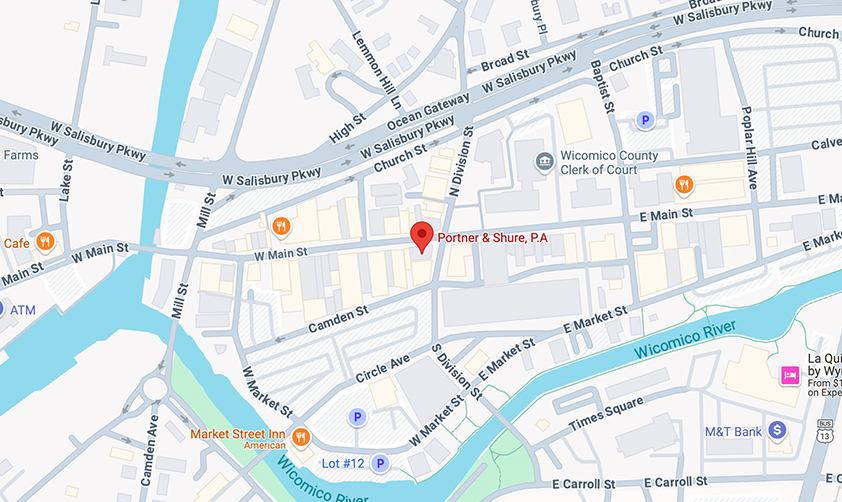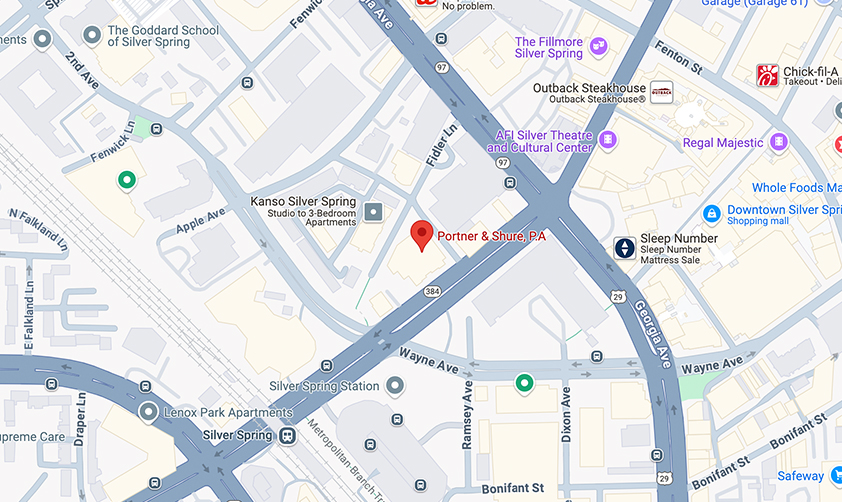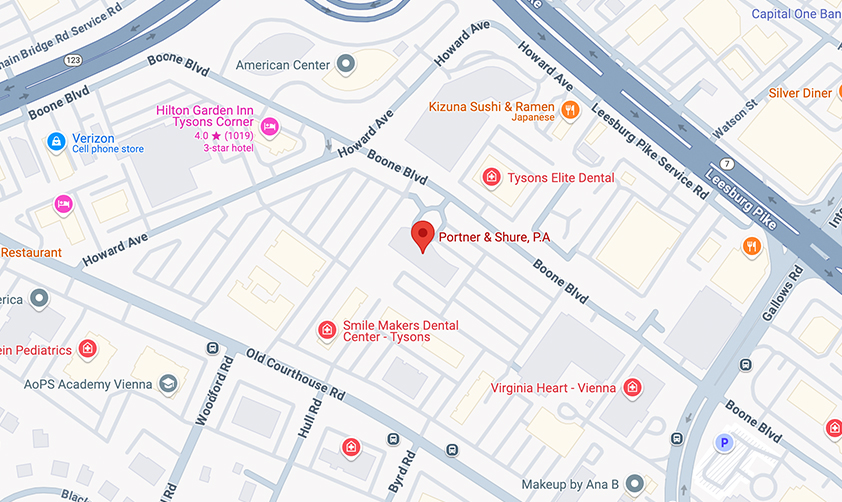When a product is defective, innocent consumers are the ones who suffer the consequences in the form of severe injuries. A product can be defective by design, manufacturing, or marketing and be dangerous all the same.
Big corporations are often defendants in product liability cases. They can throw massive amounts of money at a case to try to defeat it. Some will even pay more to their defense attorneys than they would have had to pay the plaintiff if they had just acknowledged liability for their dangerous product.
With so much power on the other side of your product liability lawsuit, you should get equipped with a powerhouse legal team of your own. Come to Portner & Shure, P.A. in Bel Air, Maryland and speak with our product liability attorneys right away. We have more than 30 years of total experience working on cases like yours!
Dial and discuss your case with our firm.
Types of Defective Product Claims
There are three types of product defect claims:
- Design: A product can be defective due to a design defect. This is a claim that a product is inherently dangerous due to its design.
- Manufacturing: A product can be defective due to a manufacturing defect. This is a claim that a product is dangerous due to the method used to build or prepare the product.
- Marketing: A product can be defective due to a marketing defect. This is a claim that a product is dangerous due to the way it was marketed or due to insufficient product warnings on the packaging or instructions.
Elements of A Product Liability Claim
Simply suffering an injury due to a defective product does not give rise to a product liability claim. A product liability claim has four requirements to be legally valid.
The four elements of a product liability claim are:
- The victim must have suffered an injury while using the product.
- At the time of the injury, the victim must have been using the product in the manner it was intended to be used.
- The product’s defect caused the victim’s injury.
- The product was defective in some way.
Theories of Negligence for A Product Liability Claim
If a victim meets the requirements for a product liability claim, there are three theories or legal methods that can be used to hold a manufacturer responsible. Under a theory of negligence, a victim can hold a manufacturer liable by showing that the manufacturer failed to use reasonable care in the design and manufacturing of a product. Under a theory of strict liability, a victim does not have to prove any negligence by the manufacturer but instead argues that the product manufacturer is always liable for the safety of their products to a measurable and legally sufficient extent.
Put simply, a manufacturer is presumed to be negligent if the victim can prove that the product was:
- Defective when it left the manufacturer’s control
- Unreasonably dangerous
- Dangerous enough to have actually caused the consumer’s injuries
- Unchanged before reaching the consumer
Under a theory of breach of warranty, a victim can hold a manufacturer liable if they can prove that the product did meet the terms of an express or implied warranty.
Injuries & Potential Compensation
Defective products can cause a variety of injuries, some of which might be permanent and disabling. These injuries usually require significant financial compensation because the victims need extensive medical care to alleviate or mitigate them.
Under Maryland law, a victim can receive both economic and noneconomic damages after being hurt by a defective product. Economic damages are meant to compensate a victim for the cost of their medical care, lost wages, future lost wages, and future medical care. Noneconomic damages are meant to compensate a victim for pain, suffering, hardship, PTSD, and other abstract injuries.
Were You Using a Product Incorrectly?
Product manufacturers assert a variety of defenses when handling defective product claims. The most common defense manufacturers use is that victims were not using the product the way it was intended to be used at the time they were injured. They might not realize that intentional misuse of a product does not automatically make the consumer liable for their injuries if it can be proven that the defect and its dangers were not directly influenced by that misuse.
Get Your Case Moving – Contact Portner & Shure, P.A.
No one cares more about winning big for clients than our Bel Air product liability attorneys. We think about winning cases and making our clients’ lives easier day-in and day-out. While the opposition is resting and relaxing, we are pushing the envelope of excellence to give our clients the best possible chances of getting the compensation they deserve so much after being hurt by an unreasonably dangerous product.

